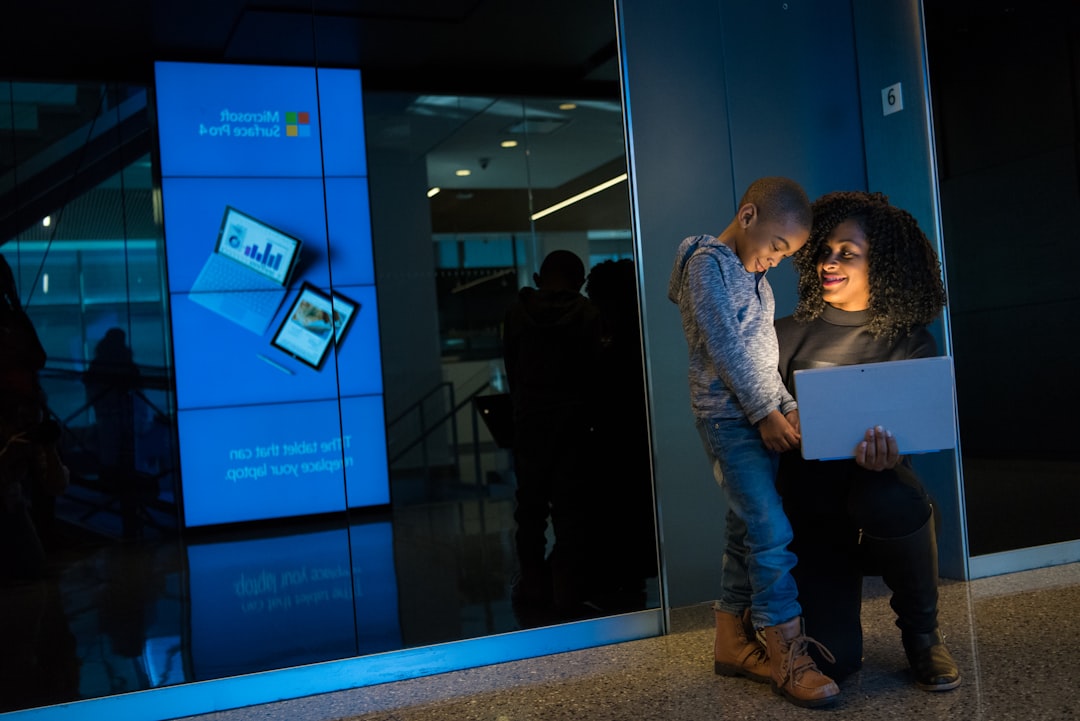Summary: The AI industry is sharply divided over the creation of AI-generated erotica. Microsoft has firmly decided not to offer such content through its AI tools, contrasting with OpenAI’s recent move to allow erotica for verified adults. This split highlights broader tensions around AI ethics, innovation, and political perspectives, especially within the context of the Trump administration’s stance on “woke” AI and regulation. As debates continue, the emergence of AI-generated erotica may become a defining issue in the evolving relationship between big tech and politics.
A Clear Divide in AI: Porn-Brained vs. Porn-Banned
The AI race has drawn a distinct line between two camps: those embracing AI-generated erotica and those rejecting it outright. Microsoft has positioned itself firmly in the “porn-banned” category. Mustafa Suleyman, Microsoft’s AI CEO, recently stated at the Paley International Council Summit that the company will not allow its large language model (LLM)-powered tools to generate “simulated erotica.” This stance sets Microsoft apart from its partner and competitor, OpenAI.
Microsoft’s Stance: No Simulated Erotica
“That’s just not a service we’re going to provide,” Suleyman said. “Other companies will build that.” This clear refusal reflects Microsoft’s cautious approach to AI content moderation and its desire to avoid controversy related to adult content generation.
OpenAI’s Approach: Erotica for Verified Adults
In contrast, OpenAI recently announced plans to introduce “erotica for verified adults,” allowing users over 18 to access adult-themed AI content. CEO Sam Altman explained that erotica was intended as one example of granting more freedom to adult users. While Altman emphasized that this move was part of a broader initiative to treat adults like adults, the choice of erotica as a starting point was deliberate.
The Porn Debate as a Marker of ‘Anti-Woke’ AI
The ability to generate pornographic content with AI tools has become a symbol in the ongoing debate over whether AI is “woke” or not. Elon Musk, for example, used this issue to differentiate his company xAI from OpenAI by introducing “Ani,” an “AI girlfriend” represented by a provocative anime avatar. OpenAI initially mocked this, with Altman stating, “Anime is cool I guess but I am personally more excited about AI discovering lots of new science,” and noting, “we haven’t put a sex-bot avatar on ChatGPT yet.” Yet, within months, OpenAI embraced erotica as part of its offerings.
Political Perspectives: The Trump Administration and AI
Not everyone equates AI-generated porn with anti-woke values. Earlier this year, the Trump administration released its AI Action Plan and signed an executive order banning “woke” AI from federal contracts, focusing on diversity, equity, and inclusion principles rather than adult content generation. Vice President JD Vance criticized the use of AI to “come up with increasingly weird porn” and suggested it should be regulated.
Internal Divisions: AI Innovation vs. Regulation
This stance has created tension between the AI industry and the administration, which had previously aligned on minimizing regulatory barriers. Reports indicate that an AI super PAC called Leading the Future has drawn White House criticism for supporting candidates promising AI-friendly policies, including Democrats—a potential threat to the Trump administration’s hold on the House of Representatives in 2026.
Within Trump-aligned circles, there is also support for unrestricted AI development. David Sacks, dubbed Trump’s “Crypto and AI Czar,” criticized AI startup Anthropic for backing state-level AI safety regulations, calling it “a sophisticated regulatory capture strategy based on fear-mongering.” For Sacks and like-minded Silicon Valley figures, any AI guardrails risk stifling innovation—even if that means embracing AI-generated erotica, despite discomfort from others in the party.
The Future of AI Erotica and Industry Alliances
The emergence of AI-generated erotica may signal the first fracture in the alliance between Trump supporters and big tech companies. As AI tools become more capable and accessible, society may soon grapple with the consequences of widespread AI-driven adult content, including the potential for addiction to sexting with chatbots. The ongoing debate highlights the complex intersection of technology, ethics, politics, and culture in the AI era.
